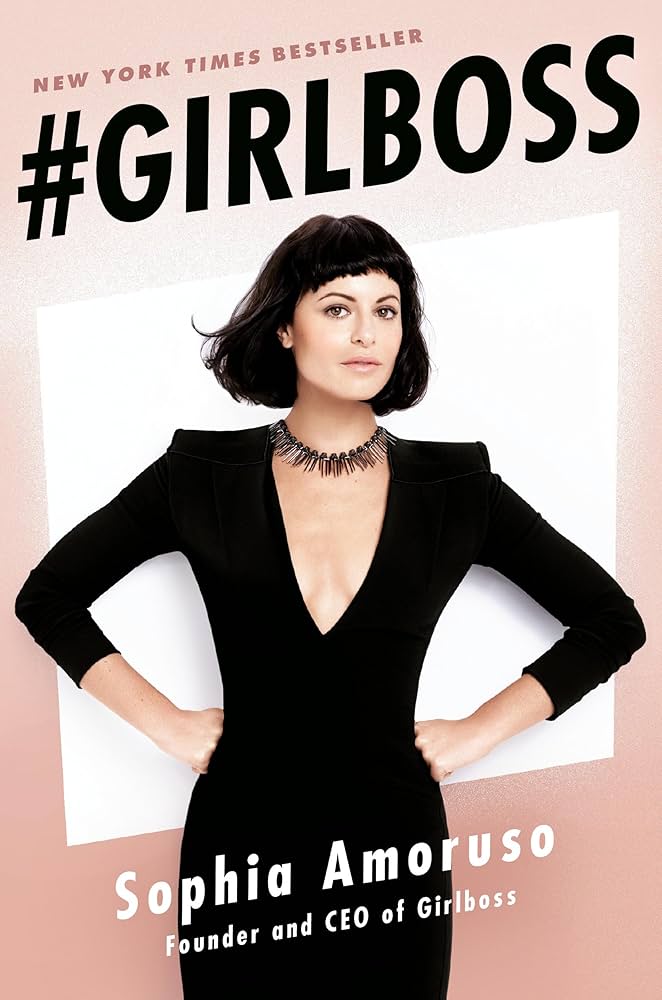
If Sophia Amoruso had been born a decade earlier she might have become the sixth Spice Girl—“Nasty Spice,” perhaps—promoting “girl power” along with the rest of them. Instead she started Nasty Gal, an eBay store selling vintage (i.e., recycled) clothing, which later morphed into an independent online fashion retailer. Amoruso and her brand have been profiled in the New York Times and Forbes magazine; in 2011 her company grossed $23 million. In #GIRLBOSS (Portfolio/Penguin) we have an account of Amoruso’s gradual conversion from an adolescence spent “hitchhiking, committing petty theft, and dumpster diving” to her current status as a somewhat reluctant cheerleader for capitalism: “I thought that big corporations were running the world (which I now know they do) and by supporting them, I was condoning their evil ways (which is true, but a girl’s gotta put gas in her car).” The cover shows Amoruso wearing a black cocktail dress and sporting a Betty Page haircut, standing in a “Spice Girl-power” pose, hands fisted on hips. #GIRLBOSS is a motivational book aimed at a specific demographic, scattered with brand-building quotes (“I believe a #GIRLBOSS should have a sneer and a smile in her back pocket, ready to whip either out at any moment”) that are interleaved with stories of other successful and/or wannabe #GIRLBOSSes (and the Nasty Gal style guide apparently requires that the term be set in ALL CAPS and prefaced by a Twitter-friendly hashtag). In January 2015, Amoruso stepped down as CEO of the company she founded, handing the reins to Sheree Waterson (former chief product officer at Lululemon). Amoruso’s is the prototypical Horatio Alger story: a rise from rags (literally) to riches; it can also be seen as a book-length proof of the eventual, inevitable triumph of the MBAs.








